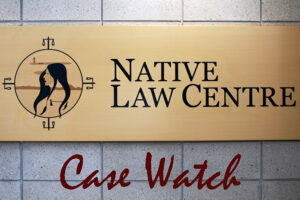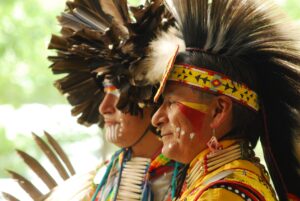Variation to a divorce order granted in order for the parties’ children to more fully participate in Indigenous events.
A member of the M’Chigeeng First Nation, sought to change the parenting schedule for his two children to support their connection with their First Nation’s heritage, communities, and Ojibwe language. The mother of the children is not First Nation. The children had primarily resided with their mother. The father sought to have the children primarily live with him in another province and have them attend school there as he felt their current school schedule interfered with their ability to participate in Indigenous events. The mother opposed the claims on the basis that she had been supportive of the children’s connection to their heritage, and there had not been a change in circumstances. She also sought an order preventing the father from bringing further motions to vary without leave of the court as she argued that he had abused the court system by bringing multiple variation proceedings.
Before a court may vary the parenting provisions of an order, the court must be satisfied that there has been a material change in the conditions, means, needs, or other circumstances of the child occurring since the making of the last variation order made in respect of that order (Divorce Act; Gordon v Goertz, [1996] 2 SCR 27 [“Gordon”]). A material change in circumstances is one that: 1) amounts to a change in the conditions, means, needs, or other circumstances of the child and/or the ability of the parents to meet the needs of the child; 2) materially affects the child; and 3) could not have been reasonably contemplated at the time of the last variation order.
On a balance of probabilities, the onus to prove that there has been a material change is on the party seeking the change. If that party is unable to show the existence of a material change, the inquiry can go no further. As well, evidence on a motion seeking a final order should meet the same tests for admissibility as apply at trial. When making a variation order after finding there had been a material change, the court must then take into consideration only the best interests of the children as determined by reference to that change (Divorce Act; Gordon).
After viewing all the factors, this Court determined that the only material change was relating to the National Aboriginal Day and powwows, therefore a variation order was necessary for that factor. The mother’s request to have an order granted to prevent the father from bringing further motions to vary without permission of the court, was dismissed. The mother had not provided evidence of previous costs orders against the father, nor that he had failed to pay such costs in the past.



